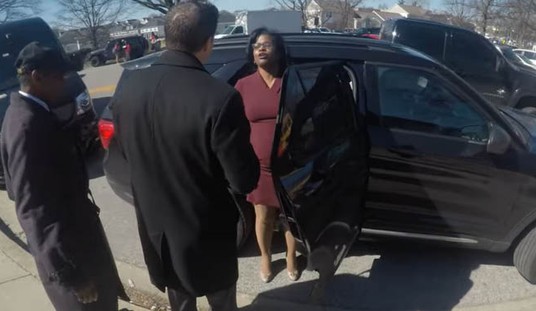Yet another of those frustrating and completely unconstitutional incidents of sexual assault cases being handled by college tribunals comes to us this week courtesy of Ashe Schow at Watchdog. This one takes place at San Diego State University, where a male student identified as John Doe was accused of sexually assaulting a female student known as Jane Roe. The details of the accusation are sketchy enough to begin with, but it was the way the college handled the complaint which drove a judge in an actual court to proclaim that the disparity in representation was, “enough to shock the court’s conscience.”
A California judge has ruled that a university’s process for adjudicating a sexual assault accusation was so stacked against the accused that it was “enough to shock the Court’s conscience.”
Judge Joel Wohlfeil of the Superior Court of California, County of San Diego, ordered San Diego State University to “dissolve the finding” that an accused student refused to stop having sex with a woman after repeated requests to stop. Further, the school must vacate its findings that the accuser “became incapacitated” during sex and the accused continued to have sex with her.
You can get all of the original details here at The College Fix, but the story doesn’t get any more pleasant. The specifics of the original incident are disturbing enough, though perhaps not for the reasons implied at the college tribunal. It’s a story of a young man and a young woman who had previously “hooked up” and were engaged in some partying which included both alcohol and illegal drug use. Phone records and text messages indicated that the young lady had planned to get high and have a sexual encounter with John Doe all evening. That’s precisely what happened but her story differs from his by way of claiming that after he gave her a marijuana laced brownie she decided to cancel her consent for the sexual encounter while they were engaged in the aforementioned “hooking up.” John Doe’s account is completely different.
The real issue here however comes not in the details of the evening in question, but how the tribunal handled the situation. As Ashe describes, this was a one-sided affair from the beginning. A person designated to be an impartial monitor of the proceeding quickly became a complete advocate for Jane Roe, arguing her case before the tribunal. John Doe on the other hand was given access to no such experienced advocate, although he was allowed to hire an attorney. Unfortunately, the attorney was not allowed to speak during the proceedings and could only whisper advice into the young man’s ear.
It goes without saying that he lost the case which is how it wound up out in the court system. Therein lies the problem which we’re seeing over and over again around the country. Perhaps the young man is guilty. Perhaps he’s not. But we wouldn’t be having this conversation if they had gone to an actual court with a real judge and professional attorneys so the case could be heard in front of a jury so a proper determination could be made. Instead, the college substituted their own process wherein the defendant was given virtually none of the normal protections afforded to anyone in an American court of law.
These kangaroo courts need to come to a halt. If you’re going to accuse someone of a crime you need to call the police, make sure an arrest is made and have your day in court like anyone else. Any “convictions” coming out of some college hall should be discounted entirely by the public.









Join the conversation as a VIP Member